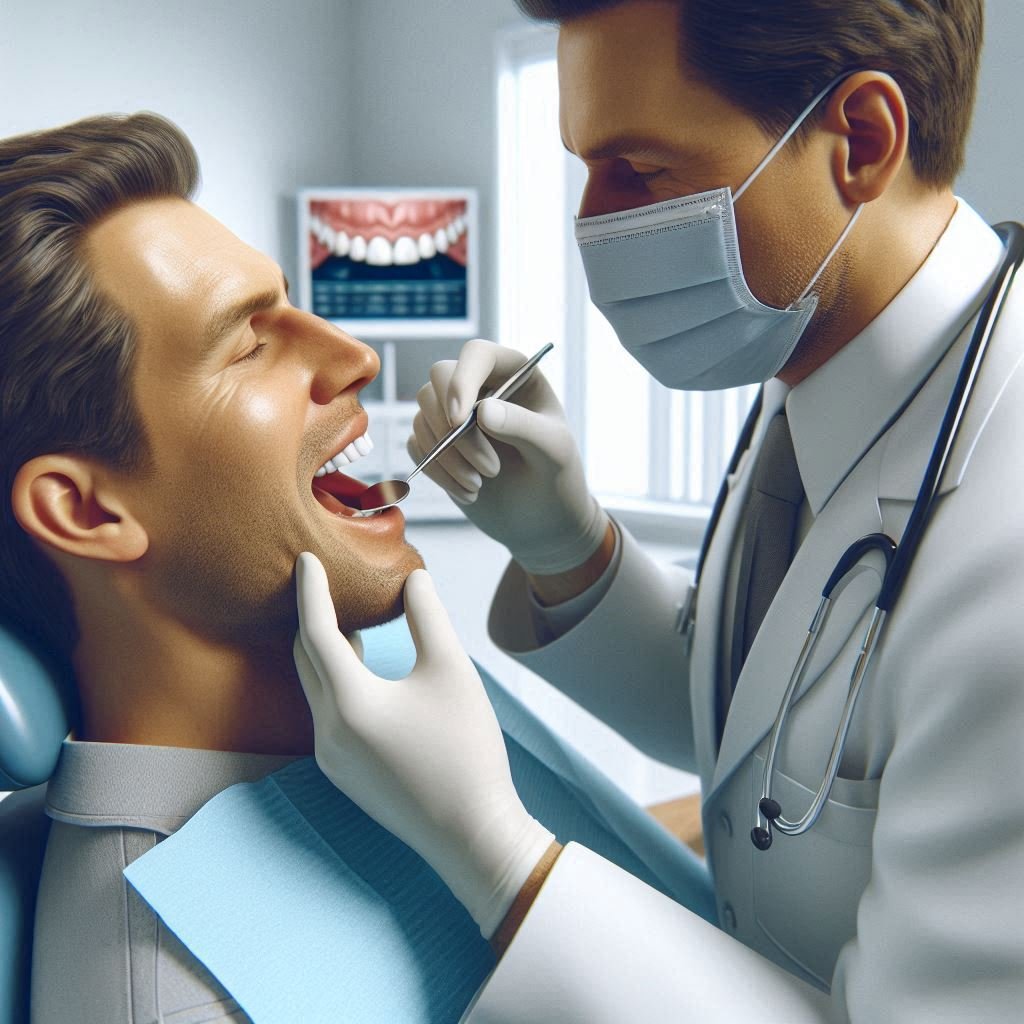
The health of our gums and teeth plays a significant role in our overall well-being, yet many people overlook the importance of maintaining strong oral hygiene practices. Gum disease, also known as periodontal disease, is an infection of the tissues that surround and support your teeth, often caused by poor oral hygiene habits. This condition can lead to tooth loss if left untreated, and it has been linked to other health issues, including heart disease and diabetes. To combat this, taking preventive measures and incorporating regular oral care routines into our daily lives is essential. By doing so, we can protect ourselves from the development of serious dental diseases, ensuring a healthier smile and better overall health.
Another critical aspect of dental disease prevention is understanding the types of gum disease and recognizing early warning signs. Gingivitis, the milder form of gum disease, typically causes redness, swelling, and bleeding of the gums. Without timely intervention, it can progress to periodontitis, a more severe form that affects the bone structure supporting the teeth. By being vigilant about symptoms such as bleeding while brushing, persistent bad breath, or loose teeth, individuals can seek timely treatment from dental professionals. Early diagnosis is key, as it enables more straightforward, effective treatments that can reverse or halt the progression of gum disease.
Regular Brushing and Flossing Techniques
One of the simplest yet most effective ways to prevent gum and dental diseases is by brushing and flossing regularly. Brushing your teeth at least twice daily with fluoride toothpaste is essential for removing plaque, a sticky film of bacteria that builds up on teeth and gums. Plaque is the main cause of gum disease, and if it is not regularly removed, it hardens into tartar, which can only be cleaned by a dentist. Brushing effectively means using gentle, circular motions and making sure to reach all surfaces of the teeth. It’s also crucial to replace your toothbrush every three to four months to ensure optimal cleaning performance.
Flossing daily is equally important, as it removes plaque and food particles from between the teeth and along the gumline, areas that a toothbrush cannot reach. Many people underestimate the importance of flossing or skip it altogether, which leaves their gums vulnerable to disease. By gently gliding the floss between each tooth and around the gumline, individuals can reduce their risk of gum inflammation and infection. In addition to brushing and flossing, using mouthwash can add an extra layer of protection by killing bacteria in hard-to-reach areas, further reducing the chances of gum disease.
The Role of a Healthy Diet in Dental Health
A balanced diet rich in essential nutrients can also play a significant role in preventing gum disease and other dental issues. Foods high in sugar and starches contribute to plaque formation, so it is wise to limit snacks and drinks containing these ingredients. Instead, focus on consuming fresh fruits, vegetables, lean proteins, and whole grains, as they provide vitamins and minerals necessary for strong teeth and healthy gums. Calcium-rich foods like dairy products, almonds, and leafy greens strengthen tooth enamel, while vitamin C found in citrus fruits and broccoli supports gum health by reducing inflammation.
Moreover, drinking plenty of water throughout the day helps rinse away food particles and bacteria that can lead to plaque formation. Fluoridated water is particularly beneficial, as fluoride strengthens teeth and aids in cavity prevention. Limiting or avoiding habits such as smoking and excessive alcohol consumption can also protect gums and teeth, as these behaviors increase the risk of gum disease and tooth decay. By making mindful dietary choices and practicing good habits, we can significantly improve our oral health and reduce the likelihood of developing gum and dental diseases.
Regular Dental Checkups and Professional Cleanings
While at-home oral care is vital, regular dental checkups and cleanings are equally important for preventing gum and dental diseases. Dentists recommend scheduling appointments at least twice a year for a comprehensive examination and professional cleaning. During these visits, a dental professional can remove plaque and tartar buildup that brushing and flossing alone cannot address. They also monitor for early signs of gum disease, cavities, and other dental issues, allowing for timely intervention and preventing further complications.
Professional cleanings also provide a chance for dental hygienists to offer personalized advice on maintaining optimal oral hygiene. They may suggest specific tools or techniques tailored to each patient’s needs, such as the use of an electric toothbrush or special flossing tools for those with braces or implants. These appointments are a valuable opportunity to stay informed about one’s oral health and to receive treatment promptly if any concerns arise. By prioritizing regular checkups, individuals can maintain a proactive approach to dental health and reduce their risk of gum disease and tooth loss in the long term.




